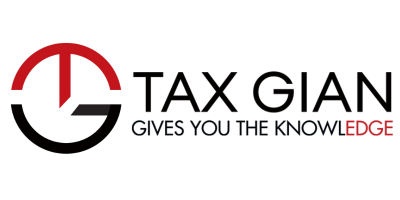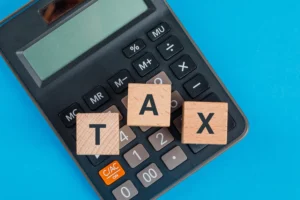Excise goods are tightly regulated. Any missing quantity, even a small one, might cost businesses a hefty tax bill. That’s because under existing rules, shortages in designated zones (DZs) are often treated as if the goods were consumed. The tax still applies, even when the goods simply disappeared due to natural causes like evaporation.
Many businesses found this rule unfair. How could they be taxed for goods they didn’t sell or use? The Federal Tax Authority (FTA) has listened. A new update, effective 1 July 2025, brings clarity and fairness. Under this update, excise goods lost due to natural reasons inside a DZ will not be treated as “released for consumption” if proper steps are followed.
Let our tax agents in the UAE at Tax Gian help you understand how you can benefit from the new excise tax update.
What Has Changed?
Until now, any shortage of excise goods in a DZ ,during storage, production, or transport , could trigger an excise tax, even if it was unintentional.
But now, a key exception is in place. If the shortage happens due to the natural properties of the goods (like evaporation or residue left in containers), it can be excluded from tax, as long as the following are true:
- The shortage happened inside a designated zone.
- It was beyond the control of the person responsible.
- It was not caused by negligence, theft, or inefficiency.
- The person informs the FTA and follows the procedures.
Who Can Benefit?
Only those operating inside a Designated Zone are eligible. Businesses outside these zones will still be taxed on any missing quantities.
To apply the natural shortage rule, the business must be a Warehouse Keeper or Taxable Person registered with the FTA.
Steps to Claim Natural Shortage
- Get a Report from Approved Labs
The business submits a request to an Independent Competent Entity(lab approved by the FTA). The lab will inspect storage and production processes and issue a Report stating the accepted natural shortage percentage for each excise good. - Submit a Declaration
The business then logs into the EmaraTax platform and files a declaration. The declared shortage must match or be lower than the approved percentage in the lab’s report. - Keep the Documents Ready
Businesses must keep detailed records:
Manufacturing process overview
- Production formula showing expected losses.
- Equipment specs and operating manuals.
- Reports and past data covering at least six months, if available.
- Take assistance from tax agents in the UAE during the process for better outcomes.
Important Limits to Remember
- The reportfrom the lab is valid for one year.
- A declaration can cover up to six months.
- If a reported shortage exceeds the approved limit, it will be taxed.
What Counts as Natural Shortage?
FTA provides clear examples:
- Evaporation due to humidity(not caused by poor handling).
- Residue left inside containers or equipment.
- Losses in machines during normal operation.
What Doesn’t Count?
- Loss due to negligence, theft, or poor storage.
- Any shortage outsidethe designated zone.
No Report = No Relief
If a valid report is not in place, you cannot claim the natural shortage relief. This report must be from a lab approved by the FTA. For new production lines or factories, FTA may accept reports based on limited data. Tax agents in Dubai can guide you through this.
If Things Change, Act Fast
If a business changes its storage methods or production setup, and it affects natural loss levels, it must inform the lab within 20 working days and request a new report.
FTA May Visit Unannounced
To prevent misuse, the FTA and the approved labs can make surprise visits. They’ll check actual losses and compare them with what’s declared.
Transitional Period
If a business gets a report anytime between 1 July 2025 and 31 December 2025, that report is treated as valid from 1 July 2025 and will remain valid until 30 June 2026.
Why Does This Update Matters?
This update brings relief to businesses that store and produce excise goods inside DZs. It protects them from unfair tax burdens caused by unavoidable losses. But the process must be followed carefully , including getting the right report, submitting declarations in time, and keeping proof. By taking the right steps with the help of tax agents in Dubai, businesses can now focus on their operations without worrying about paying tax on goods that were never sold or consumed.
How can Tax Gian Assist?
Tax Gian never misses an update and makes sure that its client businesses get the full advantage of new updates in the tax regime. Our professional tax agents in the UAE provide comprehensive help to companies with tax matters, including excise tax, VAT, and CT. Consult our experts today!



